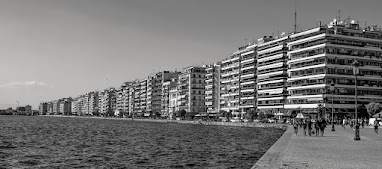Into The Opera Music World
The opera music form first appeared as a new form of performance on the music stage in the late 16th century in Italy and within a short time became popular in the rest of Europe. Soon Germany, England, France, Russia and other European nations developed their own styles of operas, each showcasing their own singing stars, theatres, costumes and of course themes inspired by their own history and culture as well as that of the world. It became an integral part of the western classical music tradition in which the music played a key component together with the enactment of dramatic roles performed by singers. Themes vary widely, although around 14 leading opera plays are inspired by classical Greek history and mythology. One of the major operatic divas of our time is Maria Callas, who yet remains unmatched in her voice and exceptional performance style. Once the entertainment of mostly elite audiences, like royalty, the aristocracy, and high-ranking political and social figures, opera today has been made accessible enough to be enjoyed by the wider public and people of all backgrounds, musical tastes and ages. The word opera originates from the Italian word for “work” in the sense of a project as well as the effort put into realizing it. There are many different forms of opera that have been formulated and practices over the centuries, including “opera seria”, “Bel Canto”, “Operetta” and the “Gesamtkunstwerk” (which means complete work of art) that included poetry and painting in the operatic performance.
.jpg)



Σχόλια
Δημοσίευση σχολίου